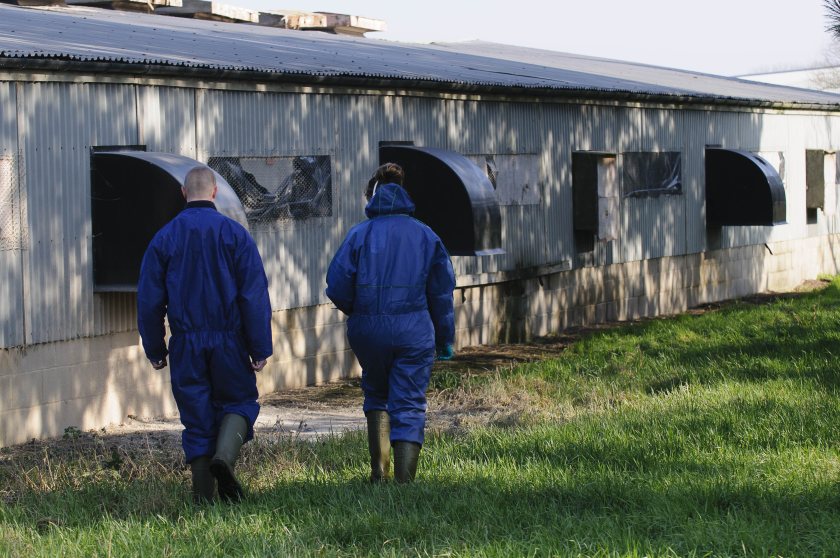
An Avian Influenza Prevention Zone (AIPZ) has been declared across parts of the South West following an uptick in the number of bird flu cases, Defra has confirmed.
The UK’s Deputy Chief Veterinary Officer has declared an AIPZ across the region to mitigate the risk of further outbreaks of disease occurring.
It is now a legal requirement for all bird keepers in the counties of Cornwall, Devon and parts of Somerset to follow strict biosecurity measures.
Recently, the region has seen an increase in the number of highly-pathogenic avian influenza cases in both poultry and in captive birds.
The disease was detected in captive birds at nine premises across the counties since last month, as well as several cases in wild seabirds.
The UK has faced its largest ever outbreak of bird flu with over 130 cases confirmed across the country since late October 2021.
Earlier this month, the government lifted the GB-wide AIPZ. The measure was introduced in November 2021, when farms and other businesses faced a 'medium' risk of bird flu.
The South West's AIPZ does not include a requirement to house birds, but Defra said this was being kept under constant review.
UK’s Deputy Chief Veterinary Officer, Richard Irvine said: "Following a number of detections of avian influenza we have declared an Avian Influenza Prevention Zone across Cornwall, Devon and parts of Somerset.
"This means that all bird keepers in the region must take action now to both prevent disease getting in to flocks and it spreading any further.
"Whether you keep just a few birds or thousands, you are now legally required to introduce higher biosecurity standards on your farm or small holding.
"It is in your interests to do so in order to protect your birds from this highly infectious disease."
What does this mean for South West farms?
The AIPZ means farmers and bird keepers across the South West of England must:
• Cleanse and disinfect clothing, footwear, equipment and vehicles before and after contact with poultry and captive birds – if practical, use disposable protective clothing
• Reduce the movement of people, vehicles or equipment to and from areas where poultry and captive birds are kept, to minimise contamination from manure, slurry and other products, and use effective vermin control
• Thoroughly cleanse and disinfect housing on a continuous basis
• Keep fresh disinfectant at the right concentration at all farm and poultry housing entry and exit points
• Minimise direct and indirect contact between poultry and captive birds and wild birds, including making sure all feed and water is not accessible to wild birds
• Prevent access by poultry to ponds and watercourses and ensure that birds are kept in fenced or enclosed areas
